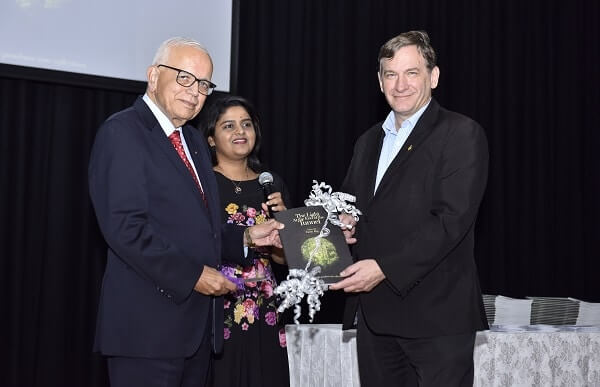The most poignant stories in new anthology The Light at the End of the Tunnel, a book of pandemic reflections, are those that are told by doctors.
At the coalface of COVID, their particular recounts go a long way in giving us a feel of the health crisis that brought our world to a near halt.
“There is a constant feeling of impending doom that I cannot shake,” wrote Dovini Sooriyabandara, a Sydney GP wrote in the story The ‘New’ Virus. As she described X-rays of pneumonias “like we’ve never seen before, white lungs full of virus, ventilation rates we’ve never seen in our careers,” what was palpable was her fraternity’s early alarm, even as those outside dismissed COVID as ‘just another flu’.
Operating on a patient in the early pandemic months, surgeon Richard Harris knew he was at risk of getting COVID himself. His patient, 96, was from a nursing home that had lost 6 people. “She came through beautifully,” he wrote at the end of his story Against The Odds, adding, “It was an absolute honour to look after her.”
Giving his own patient a far-from-happy prognosis, Emergency Medicine Specialist Pramod Chandru wrote in his story Wallapers, “I held his gaze. I willed him to believe that I would look out for him. We sat there for a few moments, the humming beeps of the monitors adding rhythm to the silence.”
First-person accounts from a debilitating pandemic, these hospital stories in The Light at the End of the Tunnel sit alongside similar recounts of the other fallouts both at the community level and at the level of the individual.
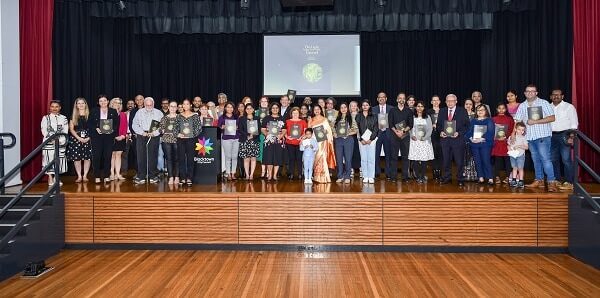
Expectedly, there are stories about loss – losing loved ones; coping with grief; illness; families distanced by national borders ordered shut.
There are stories about handling changed work conditions – losing jobs, and taking on new, more satisfying and socially constructive work.
The surge in creativity as a coping mechanism also finds mention – starting YouTube channels, producing debut feature films, winning art competitions, launching a thousand paper cranes of hope, and creating community gardens and ‘Spoonville’ displays.
The urge to contribute via voluntarism also crops up in more than a handful of stories.
Amidst these, there are life lessons – stories of gratitude, positive mindset, resilience, appreciating local community.
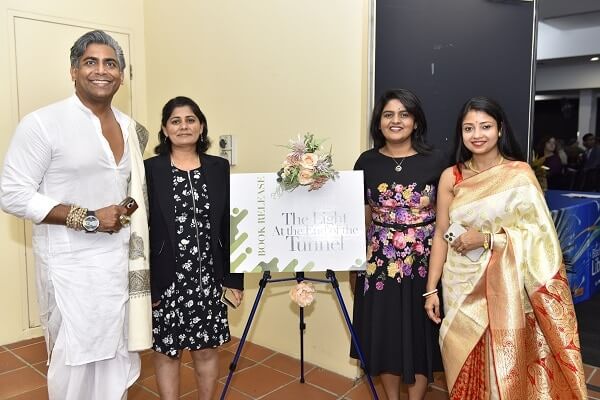
Some reflections bring a smile to the face. In Victor and I, Doug Holding wrote about his growing relationship with Victor, who helped him with his personal, professional, medical and parish activities, and importantly, gave him a 90th birthday celebration with family spread far and wide. To learn more about Victor, go grab yourself a copy!
In Wacky and Wise, we meet writer Jill Edmondson and her gal pals, who undertook a daily costume parade around their over-55s village to “brighten our days”.
Together these stories document a time when life changed in significant ways, and we learned to cope using our own mechanisms.
The project has been a ten-month labour of love for curator Emie Roy of The Stories Untold . Passionate about telling real life stories, she offered diverse writers a platform to share experiences of pain and suffering, resilience and perseverance, re-imaginings and regrowth.
To produce the volume, Emie found help from a variety of sources.
“Blacktown City Council welcomed the idea,” she told Indian Link. “Soon Community Migrant Resource Centre came on board, and Westpoint offered sponsorship.”
Pitches for stories began to come in as word went out via Council and community channels.
“After scoping the project, estimating the budget and evaluating the time on my hands, I aimed for 50 stories. I am so pleased I could reach that target.”
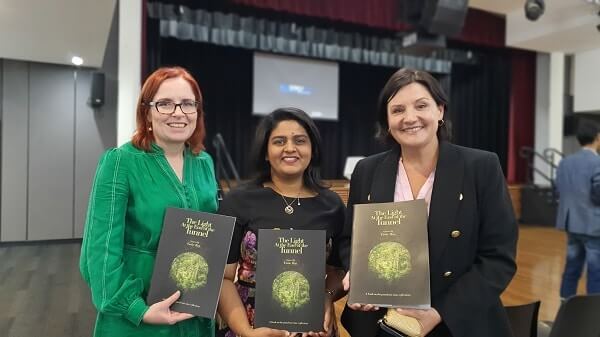
Emie chuckled when she recalled that her first trip outside her LGA when the lockdown was lifted, was to the designer’s office to see this work take its final form.
The book will soon be available in all NSW public libraries to borrow, and also on ‘indyreads’, their e-platform.
“I hope our contribution The Light at the End of the Tunnel becomes part of Australia’s pandemic time history,” Emie concluded.
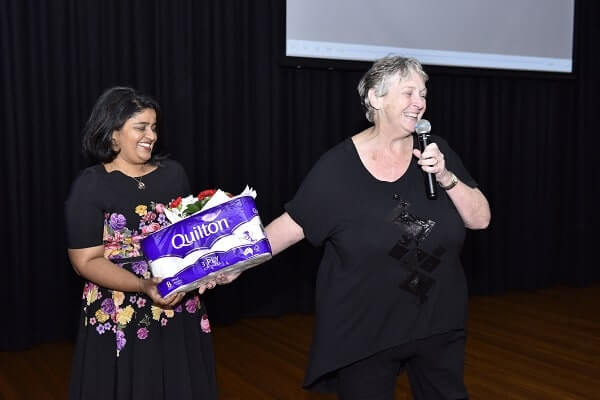
READ ALSO: Cinema: Compelling stories set in the backdrop of COVID



